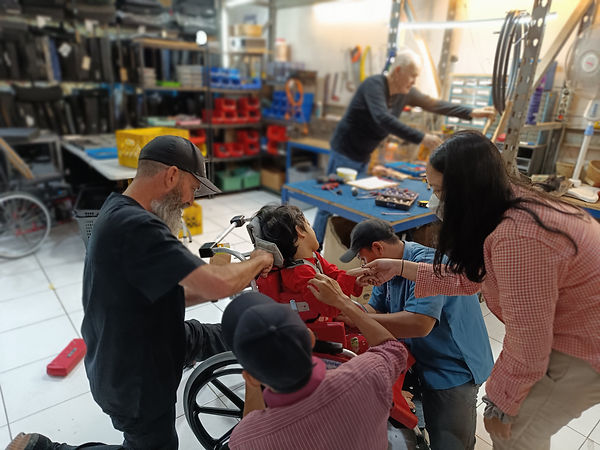
UN Treaty
Convention on the Rights of Persons with Disabilities (CRPD)
The CRPD is an international human rights treaty that was adopted in 2006. Indonesia ratified (agreed to comply with) the CRPD in 2011.
By ratifying the CRPD, Indonesia agreed to protect and promote the human rights of persons with disabilities, including:
-
Eliminating disability discrimination.
-
Enabling persons with disabilities to live independently in the community.
-
Ensuring an inclusive education system.
-
Ensuring persons with disabilities are protected from all forms of exploitation, violence, and abuse.
How the Treaty is Monitored
The implementation of the CRPD is monitored by the United Nations (UN) Committee on the Rights of Persons with Disabilities. Approximately every five years, the Committee reviews how well each country is practicing the rights enshrined in the CRPD.
There are six stages in the treaty cycle – see the CRPD Treaty Cycle below for more information on each stage.
Engagement and Participation
Civil society organizations and other stakeholders can get involved throughout the entire treaty monitoring cycle. The UN has provided information on how to participate.
We aim to support civil society organizations to understand and engage in the monitoring process. For example, we may organize webinars or roundtable discussions, commission organizations to write reports on behalf of broader civil society, or provide financial assistance to increase participation in oral evidence sessions at the UN. We will commission a maximum of one civil society project per cycle.

